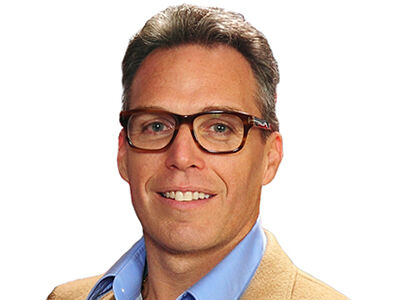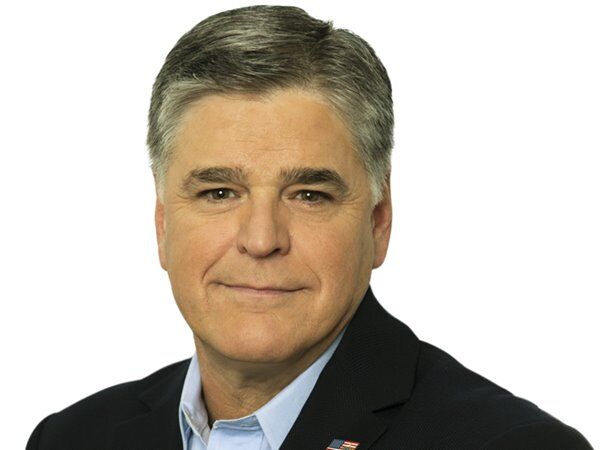Former New York Gov. Cuomo apologizes to Jewish community for his COVID-19 response
News > Politics & Government News

Audio By Carbonatix
5:21 PM on Wednesday, October 1
By ANTHONY IZAGUIRRE and JAKE OFFENHARTZ
NEW YORK (AP) — Andrew Cuomo has apologized to New York City's Jewish community for his response to the COVID-19 pandemic when he was governor, a rare retreat on a signature campaign issue as he runs for mayor.
In a video that circulated online Wednesday, Cuomo said he was acting to “protect health and save lives” during the pandemic — when he angered Orthodox communities by limiting the size of religious gatherings — but did not “always fully consider the sensitivities and traditions that are so deeply important.”
"We could have done better, and for that I am truly sorry. My intentions don’t change the impact, and I sincerely ask for your understanding," Cuomo said in the video, which was timed to Yom Kippur, the Day of Atonement.
The video was not posted to Cuomo's social media pages but spread on social media, and a copy was shared with The Associated Press. Cuomo's campaign did not immediately respond to requests for comment.
The apology is a departure from Cuomo on his response to the pandemic, which he has heralded as a prime example of his managerial competence as he tries to defeat Democratic nominee Zohran Mamdani in November.
Courting Jewish voters has been a central part of Cuomo's campaign strategy. Mamdani, who would be the city’s first Muslim mayor if elected, is a strong defender of Palestinian rights and has accused the Israeli government of committing genocide in Gaza. His stance has led to criticism from supporters of Israel and those who equate condemnations of Israeli policy to antisemitism.
Like many longtime New York officials, Cuomo has long boasted of his close ties to Orthodox Jewish communities.
But that relationship soured when he closed schools and limited attendance at houses of worship and other gatherings in an effort to stop COVID-19 from spreading, at a time when it was killing hundreds of people a day in the state.
Cuomo's “cluster initiative” brought further restrictions to neighborhoods experiencing high rates of the disease, including several densely populated Hasidic communities in Brooklyn and other places.
The move sparked outrage in the communities, triggering allegations of antisemitism, lawsuits and rowdy protests in which participants burned masks and, in one case, attacked a journalist. Several Orthodox leaders openly defied the restrictions, holding mass gatherings and taking bolt cutters to locked playgrounds.
“To the extent there are communities that are upset, that’s because they haven’t been following the original rules,” Cuomo said at the time.
A lawsuit brought by some synagogues led to a U.S. Supreme Court ruling in late 2020 that struck down the capacity limits in houses of worship.
Cuomo is attempting a comeback from political exile after resigning as governor following a series of sexual harassment allegations, which he denies. He entered the mayoral race as a presumed favorite, bringing staggering sums of cash and deep experience, but was upset by Mamdani, 33, in the Democratic primary this summer.
Cuomo has since relaunched his campaign as an independent candidate. After Mayor Eric Adams dropped out of the race Sunday, a number of Jewish groups and leaders have offered endorsements for Cuomo.








